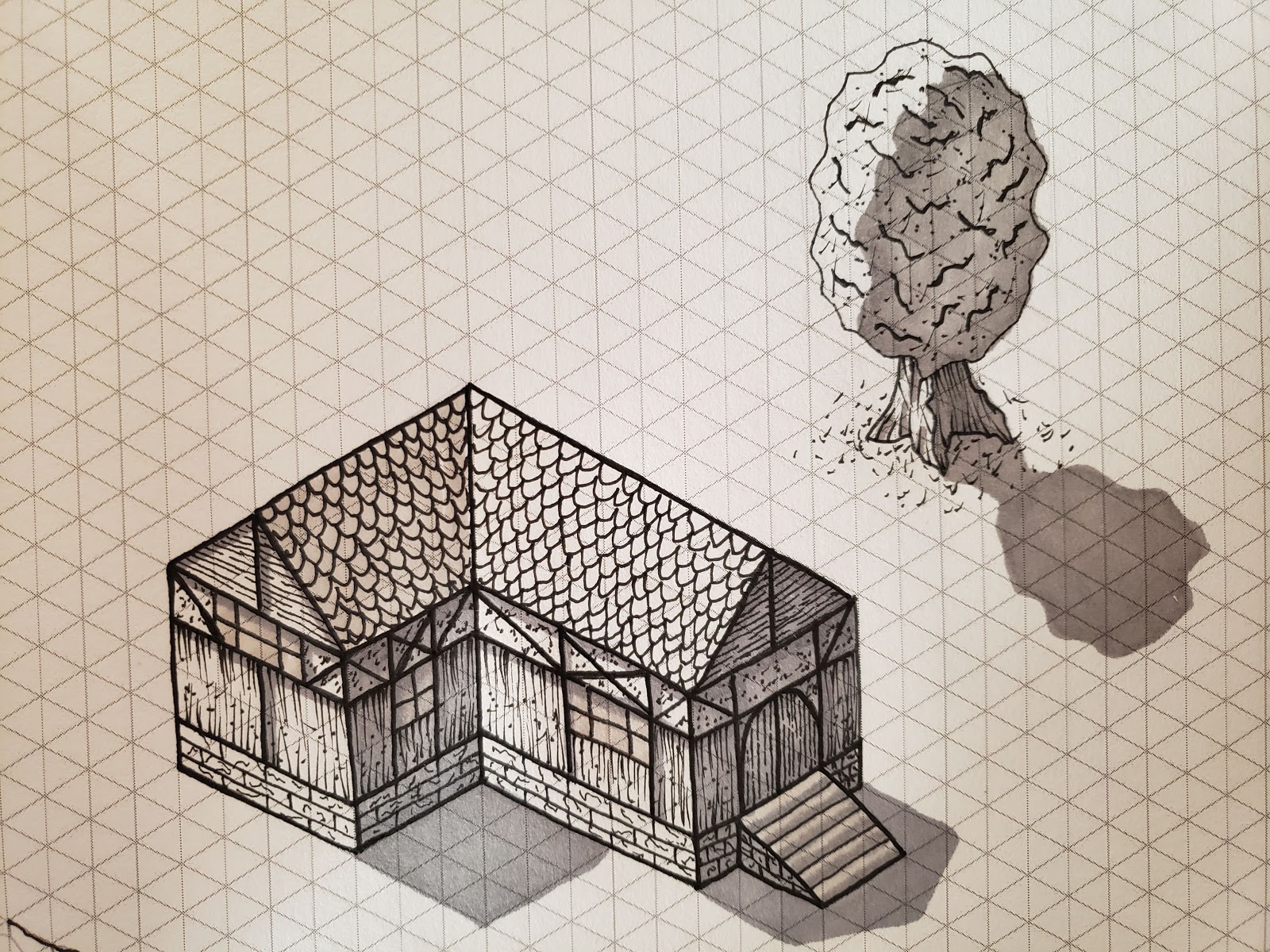Crafting Questions: Discovery vs. Exploration

Asking good questions is a key to effective communication. However, what makes a good question? Are the attributes of a good question always the same or are they dependent on the situation? What does it mean for communication to be effective? This blog post is designed to be my own musings upon this subject. These tips should apply whether you are in a corporate setting, talking with your spouse, asking questions to a college professor, or anything in between. Our plan is to start with definitions and then learn some question asking strategies.
Effective communication literally means communication that effects, or brings into being, some desired outcome. The first ingredient is to have a desired outcome. Without this communication by definition cannot be effective. Before asking a question determine your desired outcome. This is your goal. Sometimes your goal is a specific answer to a specific question. Other times your goal is to invite the other person to explore the space of possible questions with you. This is the difference between discovery questions and exploration questions. It is very important to know what type of question you are asking.
A discovery question is specific and to the point. It requires that you communicate with precise meaning without ambiguity. It should also be quick to answer. You often should precede the question with a few statements that remove ambiguity. If one word can be interpreted in multiple ways then you should clarify this prior to asking the question. Discovery questions should not require the other person to ask clarifying questions prior to answering your question. When done properly discovery questions are easy for the other person to answer and therefore you are more likely to get a quick response. These questions and answers often have a clear context because of the clarifications that were provided and so can be useful to other people as well.
You need to recognize when your goal requires more than a simple response. These questions often involve "unknown unknowns". These are things you did not know that you did not know as apposed to things that you know you do not know. A sign that you need to ask a exploration question is when you are having difficulty phrasing the question in the first place. Exploration questions require more time from the other person and so should set this expectation up front. Make it clear that a simple one sentence response is not your goal, but instead you want to explore the topic with them. Another clear sign that you are asking an exploration question is when you "ask a question" by making a statement. This is often because you are having a difficult time even wrapping your head around what your question is.
You need to know when your question is a exploration question because these types of questions cannot be answered in a simple response. If you are satisfied with a simple answer to your exploration question then you are going to proceed believing that you got an answer when you did not. You will be led down a path of confident confusion, thinking you now know an answer to a question that you were not informed enough to even ask. This is a dangerous path to be on because it leads to false confidence. Back up, recognize your need to explore the topic, and do not be satisfied until you are able to ask specific, relevant questions. Let's look at some examples.
"How do I login to the system?"
This is a discovery question because it has a specific answer in mind. However, it is a very bad discovery question because of it's ambiguity. If you were ask this what counter questions would you need to ask first before answering the questions? What system? Have you created an account? Have you tried resetting your password? What else have you tried already? Let's look at a better version of this same question.
"I tried logging into the ABC ticketing system using the username and password that I use for the other applications but it didn't work. I didn't try the forgot password feature since my password works for those other systems. What do I need to do in order to login?"
This is a good discovery question. It clarified the ambiguity by stating the exact system that the person is trying to login to. Additionally it anticipated the counter questions that may be needed by explaining what has already been done. Let's look at another example.
"How does this team work?"
I would categorize this as a exploration question because there is no single answer. Instead the person asking the question is looking for general knowledge about the team, not for some one sentence response. However, it is a bad exploration question because it does not set expectations of the time commitment in the response or the the desired outcome. Let's improve it.
"I'm new to this team and I do not really understand how we are supposed to work together. When you have a few minutes could you just go over the basics of what I should know?"
This is a good exploration question because it sets the expectation of time commitment (a few minutes) and also sets the expectation of the desired outcome. In this case the desired out come is to know "what you think I should know".

